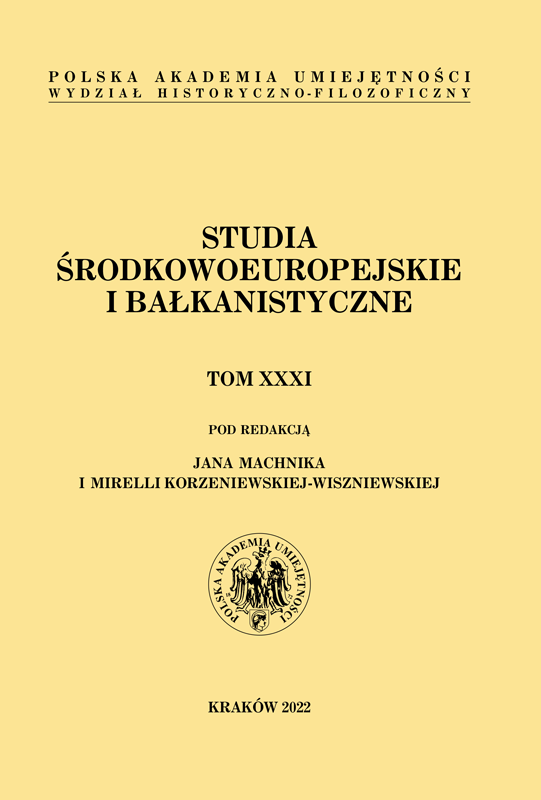Utopia of the New Town – Implemented or Degraded? Novi Beograd, Nowa Huta and Tirana e Re in a Socialist and Post-Socialist Perspective
Utopia of the New Town – Implemented or Degraded? Novi Beograd, Nowa Huta and Tirana e Re in a Socialist and Post-Socialist Perspective
Author(s): Magdalena Bogusławska, Tadeusz CzekalskiSubject(s): History, Local History / Microhistory, Social history, Social development, Transformation Period (1990 - 2010), Post-Communist Transformation
Published by: Wydawnictwo Uniwersytetu Jagiellońskiego
Summary/Abstract: The paper follows in the assumption that the transformations of central-European and Balkan cities taking place in the second half of the 20th century can be considered a symptom of complex economic, social and political processes related to the development and decline of the culture of socialism. Changes after the Second World War were closely interconnected with the urbanization project, which was implemented in two ways – either by rebuilding, reorganizing and resemantizing old cities, or by creating cities and urban communities – in a modernist spirit – from scratch. We consider these issues by comparing three examples of cities with different historical experience, which shaped their identities within culturally and politically different frames of reference.The subject of thus oriented considerations is the question of what happened to the socialist utopia which at the end of the 20th century was put to the test. What was its fate depending on various politically – but also culturally-motivated scenarios of political transformation? In what way and by whom is its heritage appropriated in the 1990’s? While analyzing the fate of the utopia of the new city from a post-communist perspective, it should be noted that although individual projects did not meet the ideals and hopes of their designers, they proved to be an impulse that released social activityqualitatively different from existing traditional patterns and initiated a thorough redefinition of urban identities.
Journal: Studia Środkowoeuropejskie i Bałkanistyczne
- Issue Year: 2022
- Issue No: 31
- Page Range: 177-188
- Page Count: 12
- Language: English

